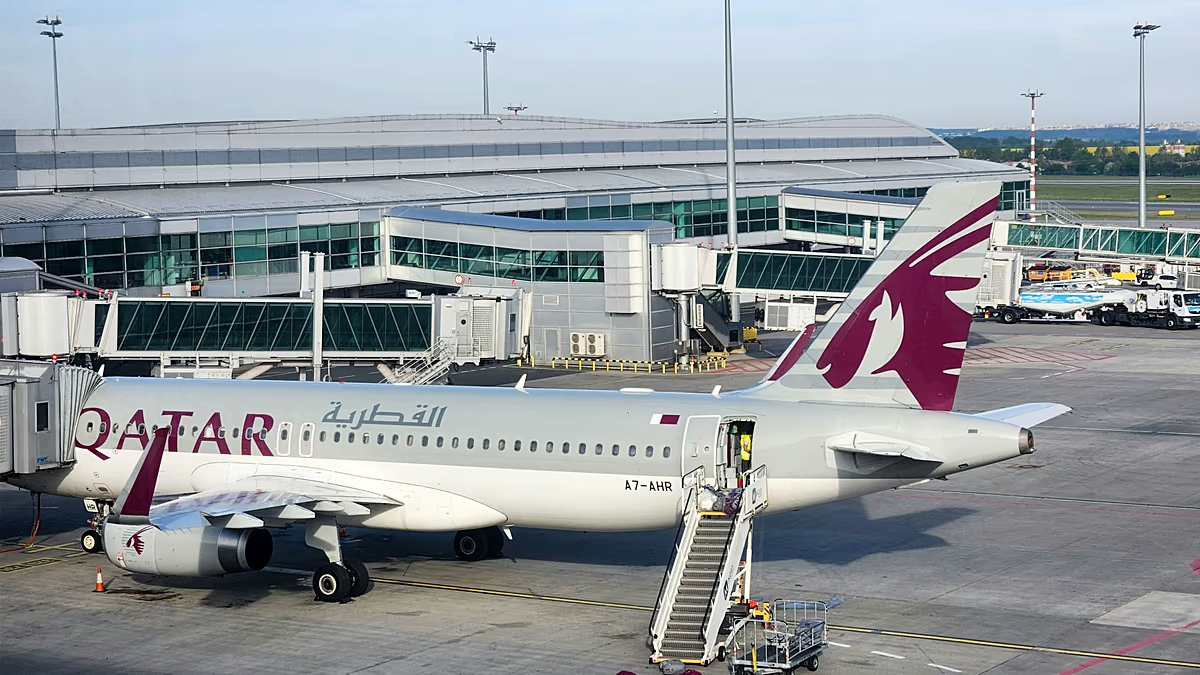Trump Urges NATO Allies to Cut Russian Energy Dependence
In a passionate address to the United Nations General Assembly, President Donald Trump called on European NATO allies to completely end their dependence on Russian energy resources. His remarks highlighted a growing frustration with what he perceives as a contradictory stance from America’s European partners who continue to fund Russia’s economy while opposing its actions in Ukraine.
“NATO allies are funding the war against themselves,” Trump declared bluntly during his UN speech, adding with characteristic frankness, “Who the hell ever heard of that one?” While he primarily identified China and India as “the primary funders of the ongoing war” through their continued Russian oil purchases, he reserved particular criticism for NATO members who maintain energy ties with Moscow. Trump revealed his recent discovery of this continued relationship, stating, “I wasn’t happy” upon learning about it two weeks ago. This frustration appears to be driving his push for more decisive action from European partners who share geographic proximity to the conflict.
The reality of Europe’s energy relationship with Russia is nuanced. Since Putin’s February 2022 invasion of Ukraine, European nations have significantly reduced their reliance on Russian energy sources, though they haven’t achieved complete independence. Several countries, including Hungary, Slovakia, France, Belgium, and Spain, remain among Europe’s top importers of Russian energy products. France, notably the second-largest European purchaser of Russian energy, continues to import liquefied natural gas (LNG) due to pre-existing “take or pay” contracts that extend into the early 2030s—agreements that would impose financial penalties if broken. This creates a complex economic and diplomatic situation that resists simple solutions.
Trump’s evolving stance on this issue was evident in his speech, as he broadened his criticism from Russian oil specifically to include all Russian energy imports. This shift notably came just one day after France broke with the United States over Palestinian statehood, potentially indicating diplomatic tensions influencing his energy policy positions. Trump’s proposed solution carries both carrot and stick: “In the event that Russia is not ready to make a deal to end the war, then the United States is fully prepared to impose a very strong round of powerful tariffs, which would stop the bloodshed, I believe, very quickly.” However, he emphasized that for such measures to work, European nations must adopt “the exact same measures.”
The geographic reality of Europe’s position features prominently in Trump’s reasoning. “You’re much closer to the city. We have an ocean in between. You’re right there, and Europe has to step it up,” he stated plainly, underscoring his belief that European nations have both more at stake and more responsibility in addressing the Russian threat. His directive was unambiguous: European nations must “immediately cease all energy purchases from Russia, otherwise, we’re all wasting a lot of time.” This position reflects Trump’s longstanding criticism of what he sees as imbalanced burden-sharing within the NATO alliance, particularly regarding defense spending and strategic priorities.
Looking forward, Trump indicated that this issue would remain at the forefront of his diplomatic agenda during his time at the UN, stating he would speak directly with European leaders about these concerns. The call for coordinated action against Russian energy imports represents a critical test for transatlantic unity at a time when the alliance faces significant challenges. Whether European nations—especially those with existing contractual obligations or significant dependency on Russian energy—will respond to Trump’s call remains uncertain, but his forceful advocacy has brought renewed attention to the complex relationship between energy security, economic interests, and geopolitical strategy in Europe’s response to Russian aggression.















